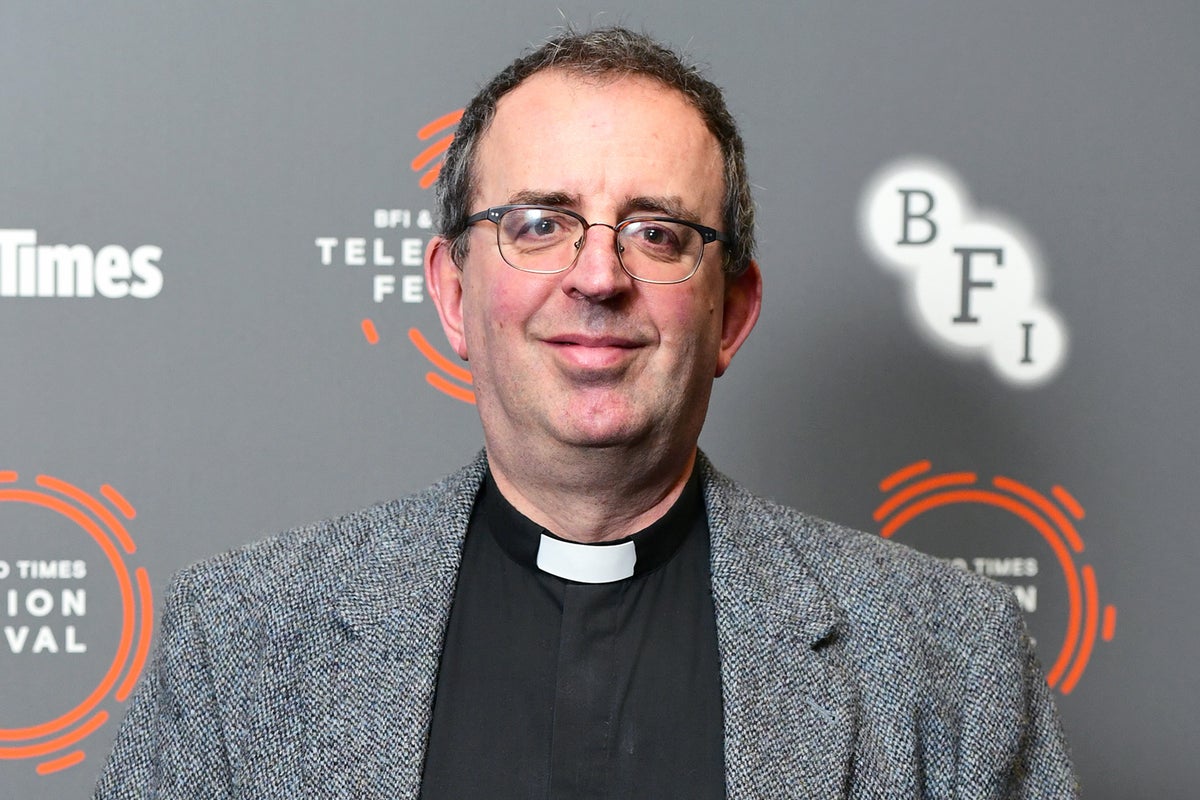
Reverend Richard Coles has spoken out about his “shame” over pretending he had HIV during the Aids crisis of the 1980s.
The media personality and former vicar, who competed in the 2017 series of Strictly Come Dancing, admitted it was “the worst thing I’ve ever done” during an interview with The Times.
“Pretending I had HIV was the worst thing I’ve ever done,” he said. “It was in the middle of the Aids crisis. I went a bit bananas. A lot of people did.”
While he did “correct the record as soon as I could, and sought the forgiveness of the people I had said that to”, Coles now looks back on his actions “with shame”.
The gay broadcaster also revealed that he thinks about those who didn’t survive the Aids crisis “every day. What they would have done, who they would have become. Those of us who survived it talk about it with great sadness.”
He called it “incredibly tough” and the “defining experience” of his adult life. “We formed a very tight-knit group and took care of each other as best we could, but it was a terrible blow for lots of us,” added Coles.
The BBC Radio 4 Saturday Live presenter first publicly admitted to lying about testing HIV positive in his 2014 memoir, Fathomless Riches, in which he also opened up about his life of sex- and drug-fuelled hedonism while a member of pop duo The Communards before becoming a Christian.
On the book’s release, Coles told The Guardian that he thought he had lied for “attention”.
“The other thing, which is the really difficult thing to admit, was that I was sort of drawn to it, because there was this sort of weird glamour to it,” he said. “Imagining that there’s some weird glamour to something that was killing people that I cared very much about, horribly. It gives a sense about my shallowness.”
Coles’ closest friend, Matthew, was “very angry” and didn’t speak to him for a year at the time.
Also opening up about struggling with depression and his grief after his husband, David Oldham, died in 2019 from alcoholism, Coles told The Times: “I went a bit mad. It took a while to realise that I wasn’t really coping. I see a bereavement therapist who says, ‘Everyone’s mad for at least five years.’ Maybe I’m just coming to the end of the madness.







